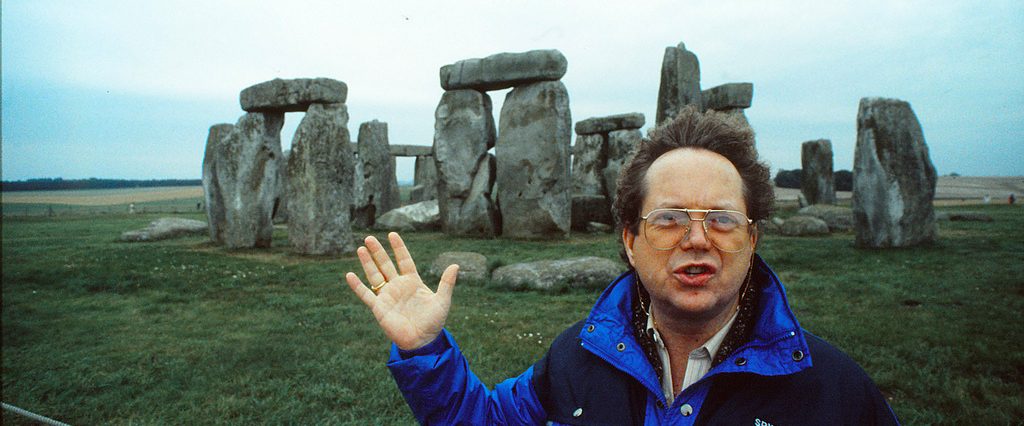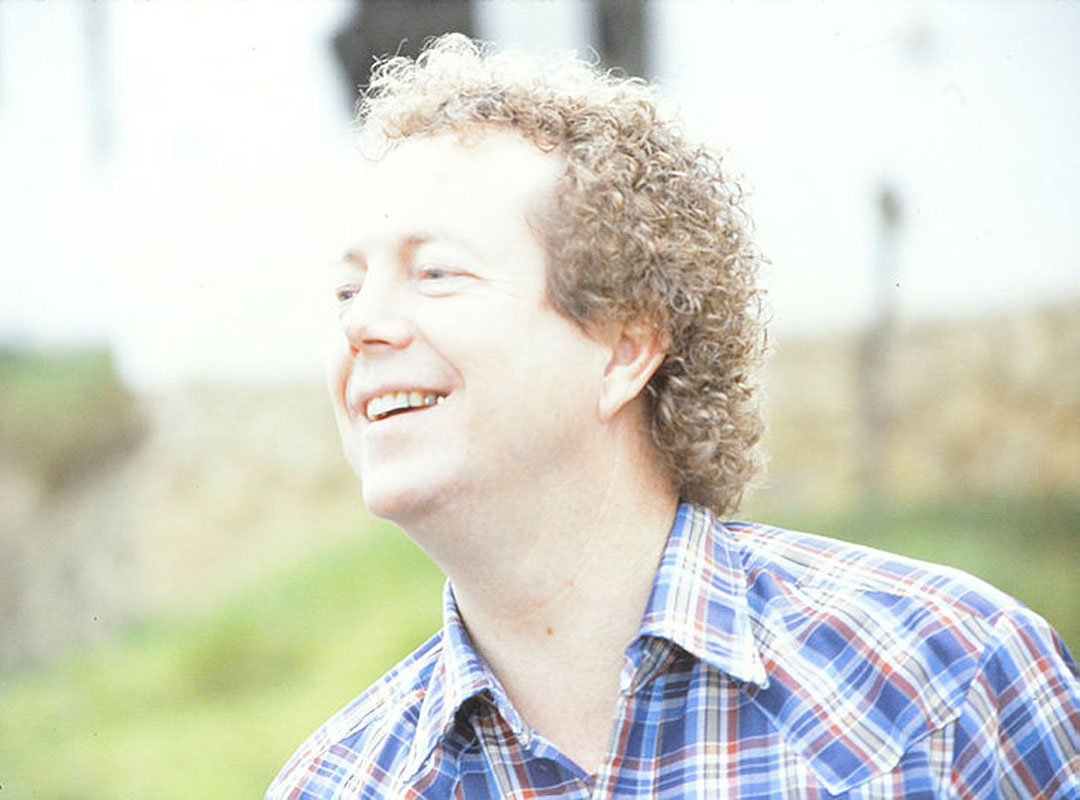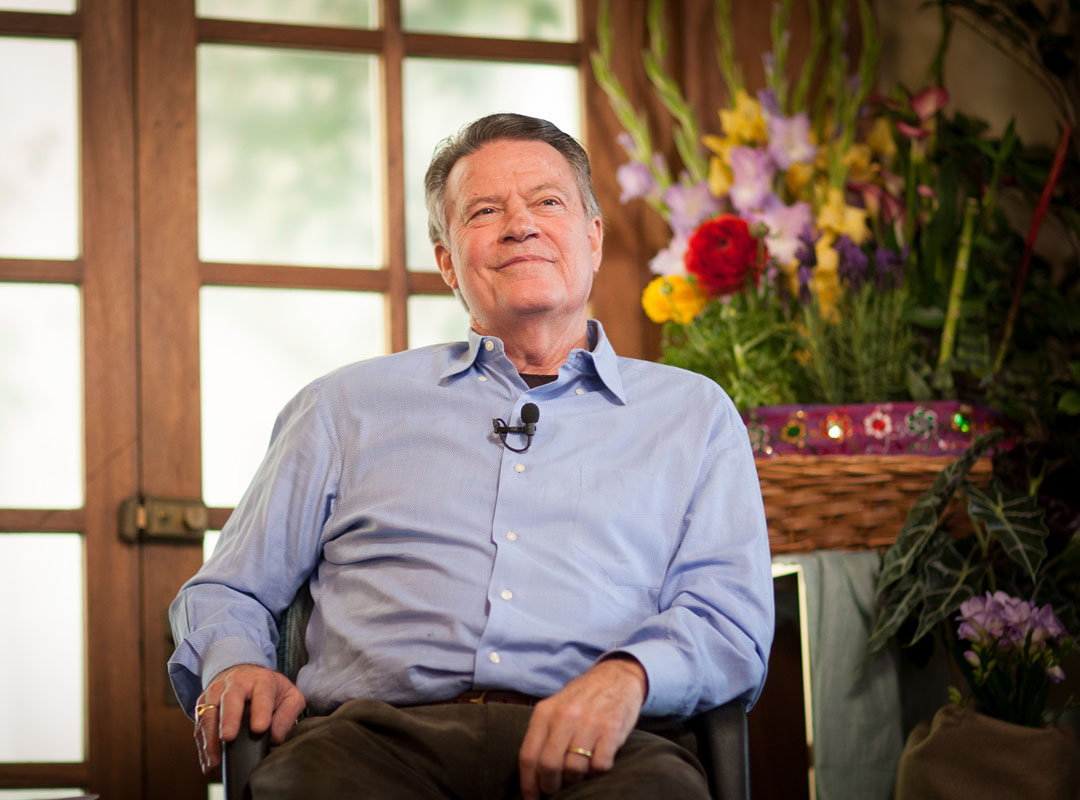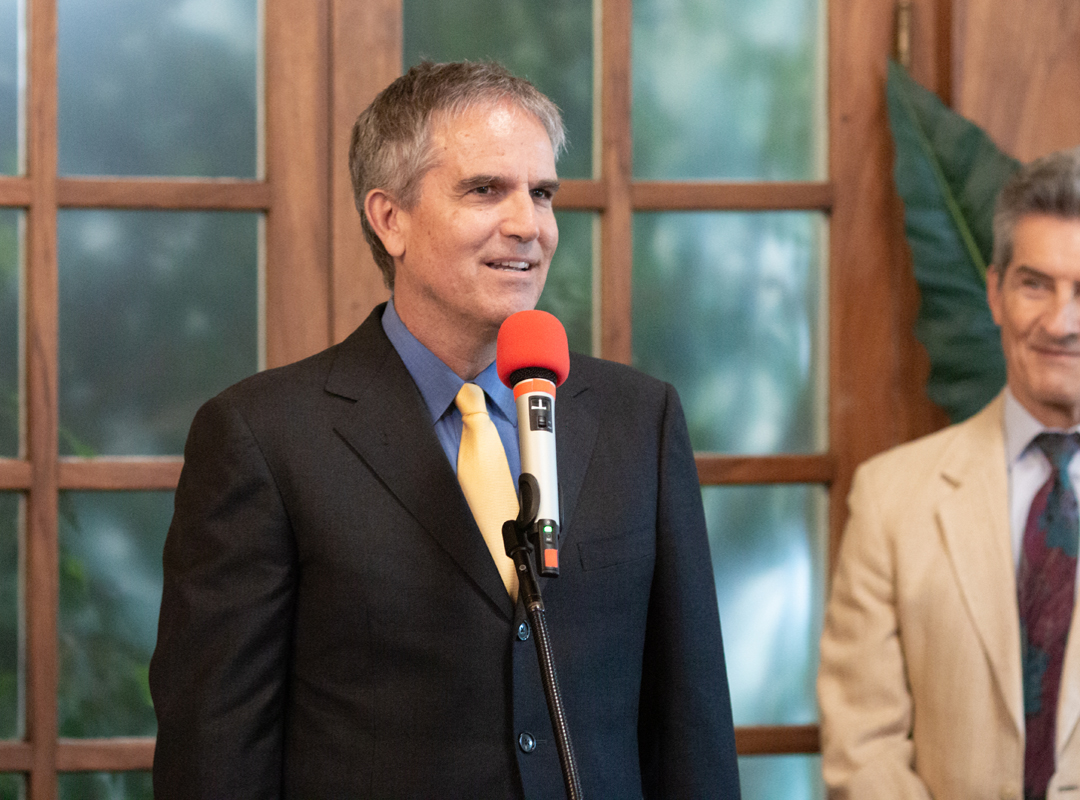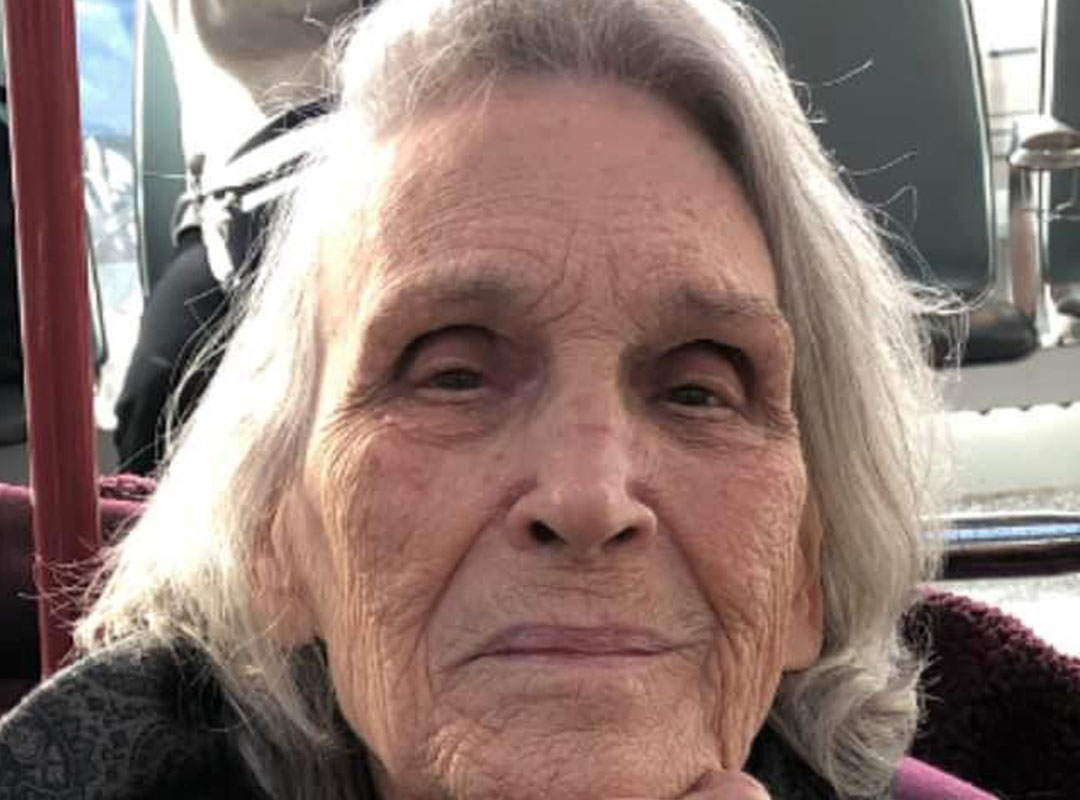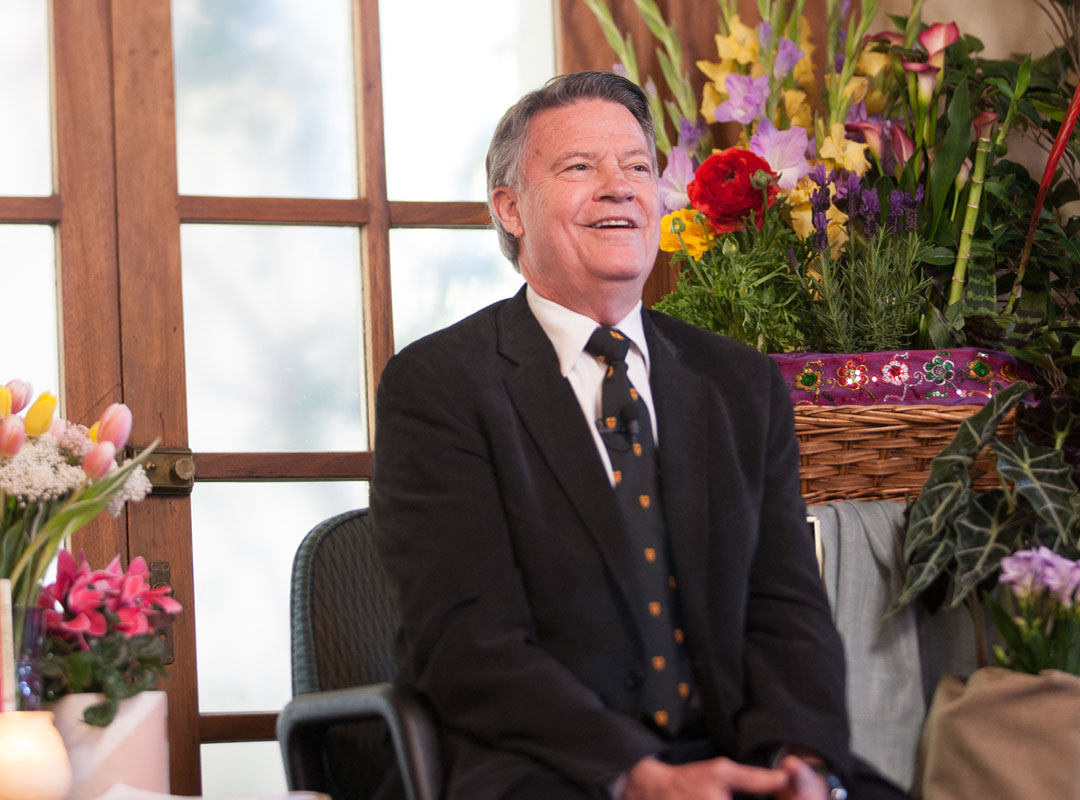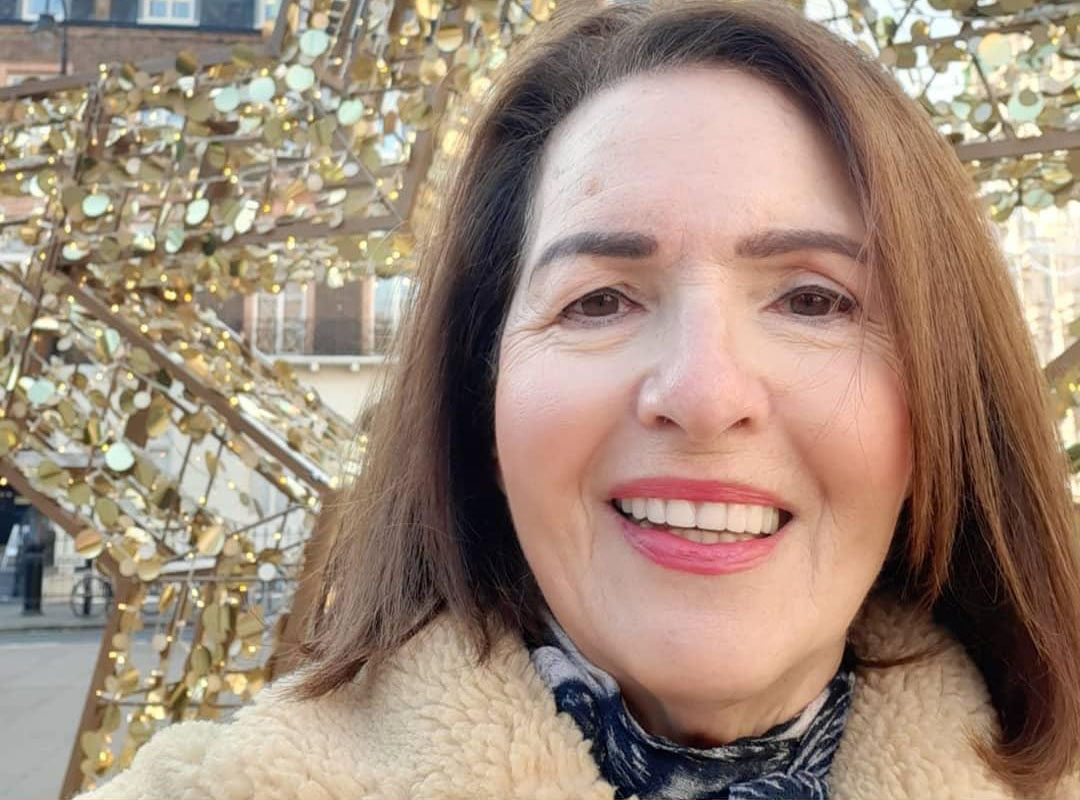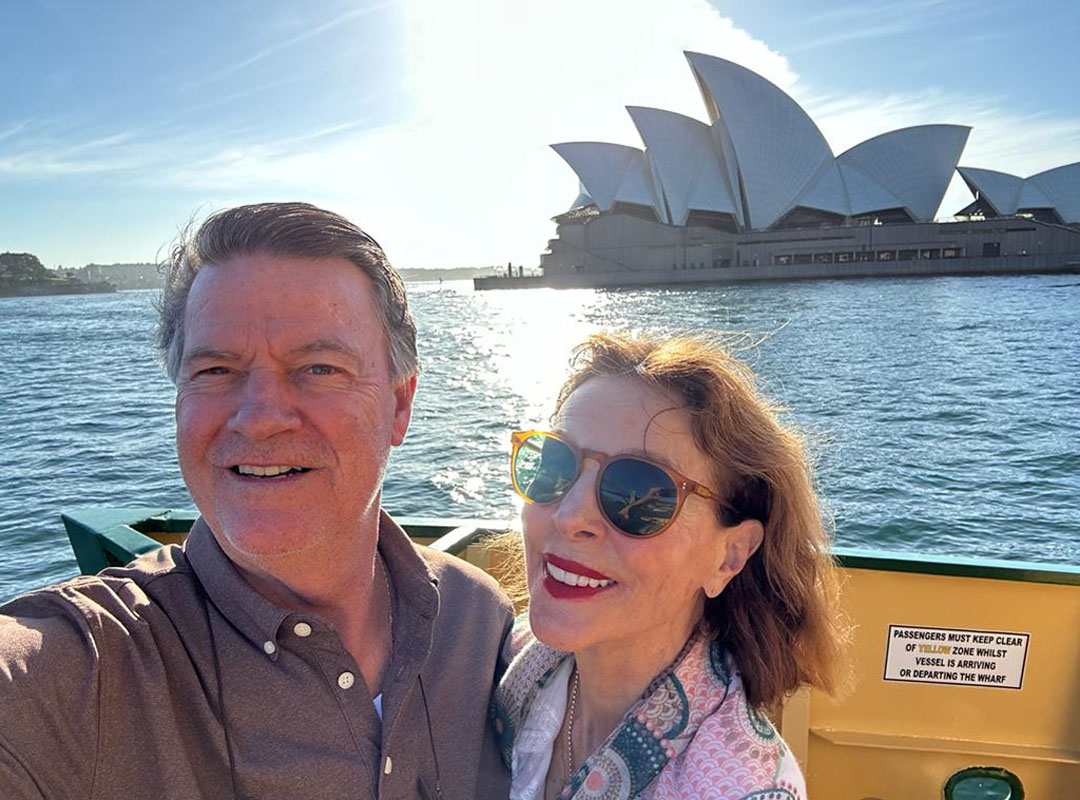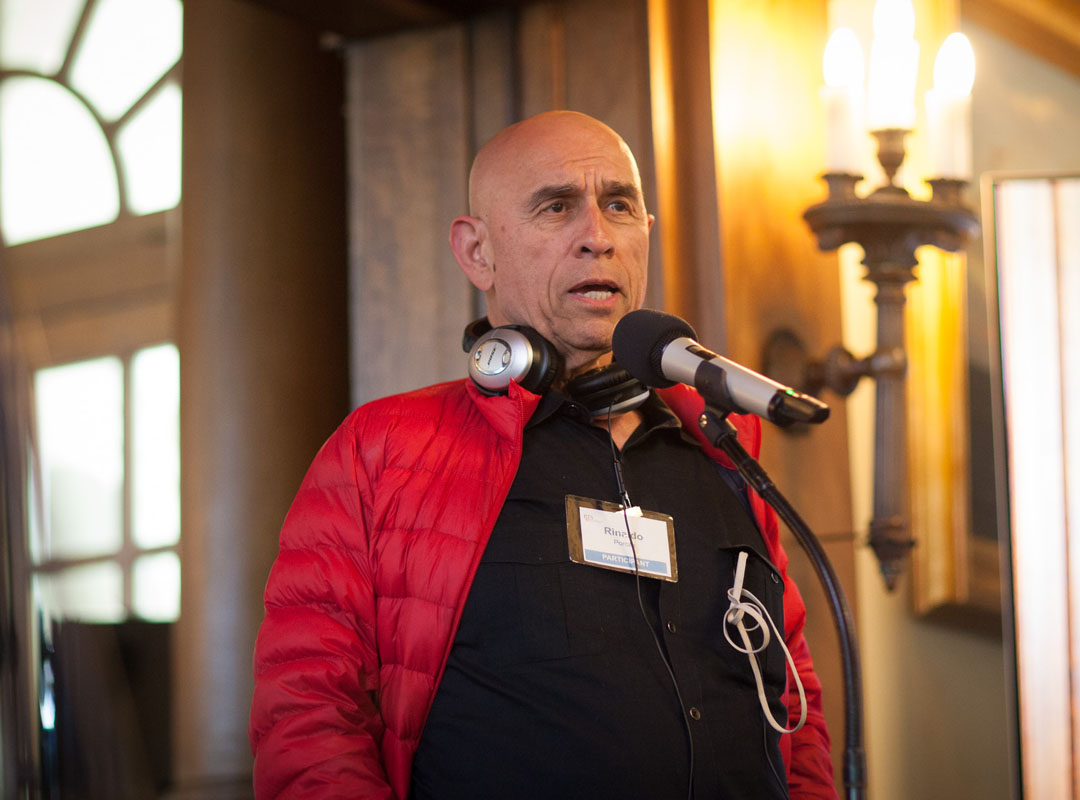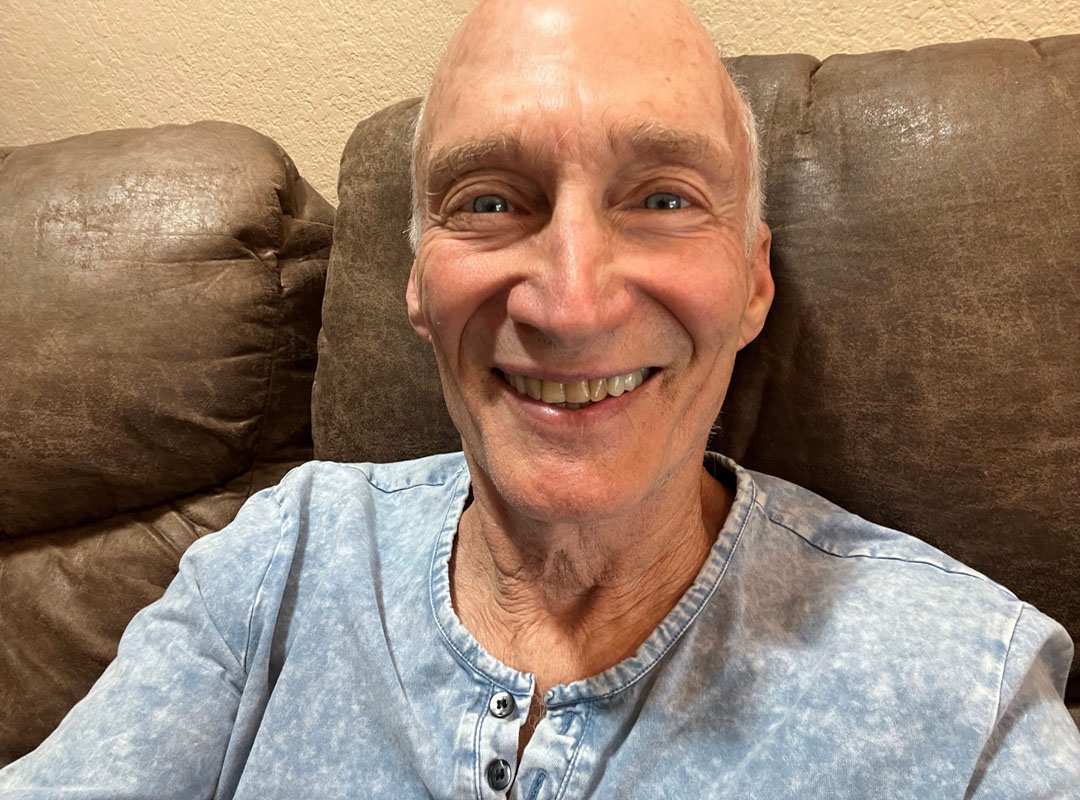What is Your Purpose?
Excerpt from Do It! Let’s Get Off Our Buts by John-Roger & Peter McWilliams
To discover your purpose, get a piece of paper and start listing all of your positive qualities. You might want to write each positive quality on 3×5 cards. This will make shuffling them easier later. If no 3×5 cards are handy, listing them on paper will do.
Don’t be shy listing your positive qualities. This is no time for false modesty. Are you kind? Considerate? Compassionate? Joyful? Loving? Loyal? Happy? Tender? Caring? Write them down.
A purpose usually begins with “I am,” followed by an attitude (“joyful” “happy” “caring”) and an action (“giver” “explorer” “nurturer”).
On another page (or another set of cards), start listing actions you find nurturing – the positive things you like doing most. Giving? Sharing? Exploring? Teaching? Learning?
Take some time with this process. Reflect on your life. Explore its motivation.
If you get stuck, call a few friends and ask them for suggestions. Tell them you’re filling out an application for the Peace Corps. You need help with the questions, “what are your best qualities?” and “What activities do you find give you the most satisfaction?”
You might also go to your sanctuary and ask your Master Teacher for some ideas. Or, go to the video screen and review some scenes of satisfaction, joy or fulfillment from your life. What were the qualities you embodied and the actions you performed in those situations?
Consider the people you admire most. What is it you admire about them? What qualities do they embody? Those same qualities are true about you, too, so write them down.
Eventually, a pattern will emerge on the “Qualities” and the “Actions” lists. Begin grouping qualities and actions under general headings. For you, “Compassionate” might include “caring,” “loving” and “kind” while, for another, “Kind” might encompass “compassionate,” “loving” and “caring.” The idea is not to discover which is “right” from Mr. Webster’s or Mr. Roget’s point of view, but which resonates most clearly within you.
Start to play around with the qualities and actions in a sentence that starts with “I am…” A purpose is short, pithy and to the point. There’s usually room for only one or two qualities and an action. “I am a cheerful giver,” “I am a joyful explorer,” “I am a compassionate friend.”
Please consider our grammatical structure as a starting point. “I am a minstrel of God,” “I sing the song of life” or “I serve the planet” are outstanding purposes that don’t fit the “I am a [quality] [action]” format. Go to the spirit of what a purpose is – the purpose of a purpose, if you will – and find your purpose there.
After a while of rearranging qualities and actions, something will click. A voice inside will say, “Yes, this is what I’ve always done, and this is what I’ll always be doing.” (This discovery can come with equal parts joy and resignation – joy at seeing that our life has had a direction all along; resignation in noticing it may not be as glamorous as we had secretly hoped.)
And that’s your purpose.
You might want to place your purpose in a prominent place in your sanctuary – emblazoned on the wall in letters of fiery gold, or, perhaps, on a hand-sewn sampler.
We suggest you not tell your purpose to anyone. That’s why we suggested – as a joke, of course – the Peace Corps ruse. (You didn’t really tell your friends you were joining the Peace Corps, did you? Oh, dear. All right. Well, call them back, and tell them it wasn’t really the Peace Corps. It was really the Nobel Selection Committee. Yeah, that’s it. The Nobel Selection Committee has been asking a lot of questions about you, and you wanted to have a few comments prepared, should you unexpectedly be invited to Stockholm.)
Keeping your purpose to yourself is not so much secret as it is sacred. Consider it a beautiful plant. Keep the roots (the essence of the purpose) deep within yourself, and let the world share in its fruits.
“Here is the test to find whether your mission on earth is finished: If you’re alive, it isn’t.” – Richard Bach
“One doesn’t discover new lands without consenting to lose sight of the shore for a very long time.” André Gide
“Nothing contributes so much to tranquilizing the mind as a steady purpose – a point on which the soul may fix its intellectual eye.” – Mary Wollstonecraft Shelley







